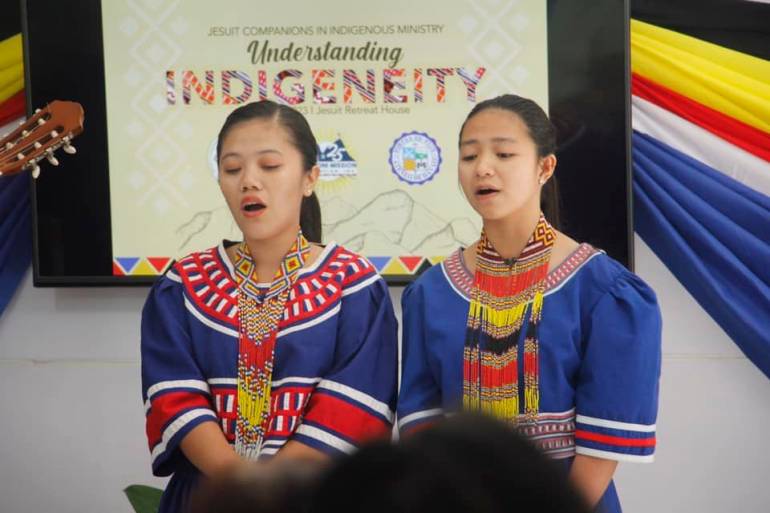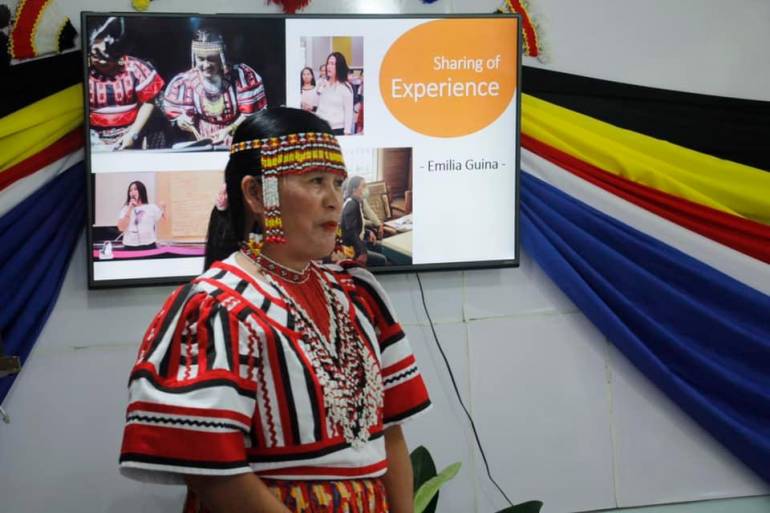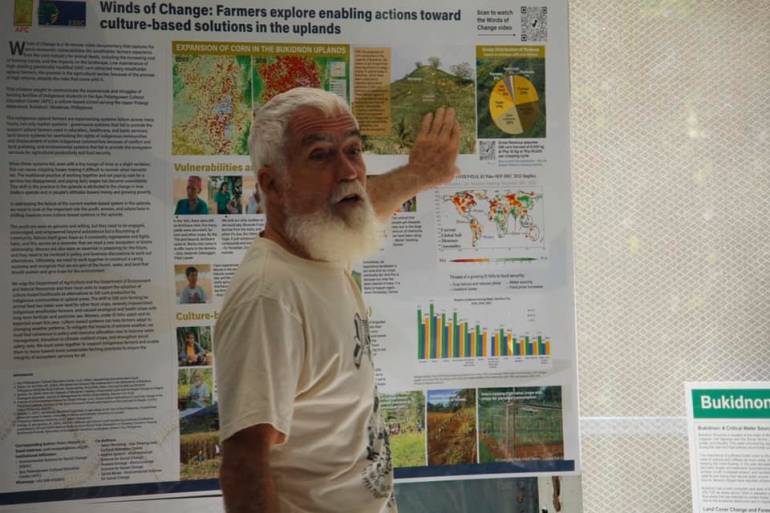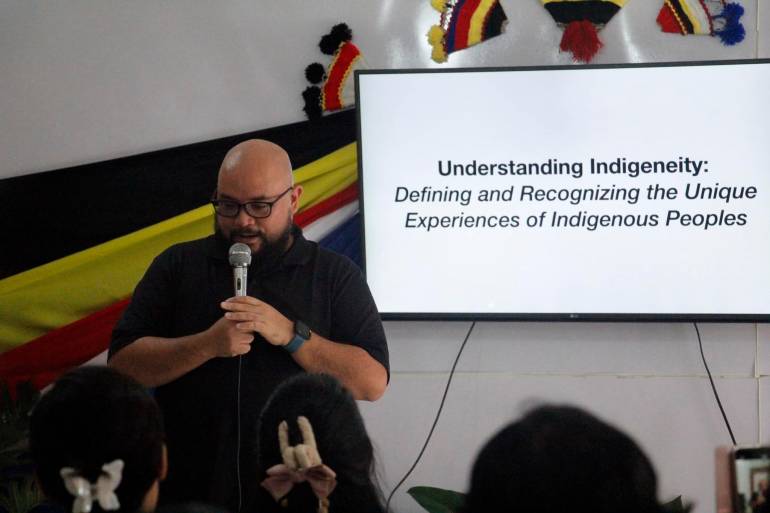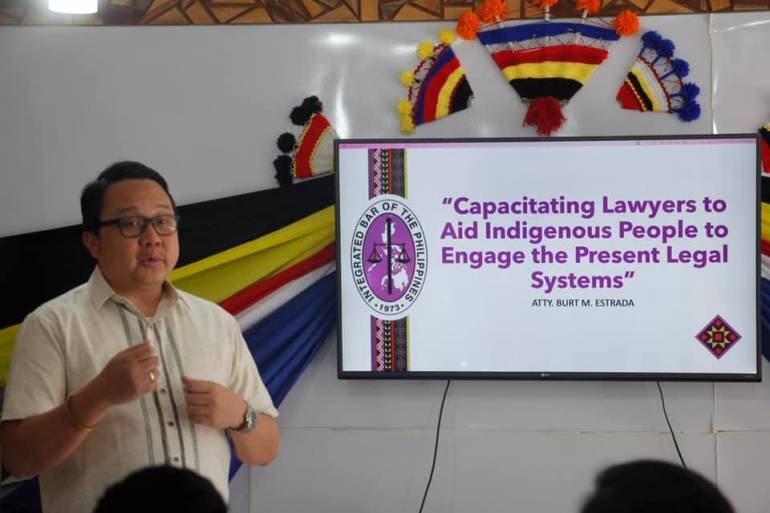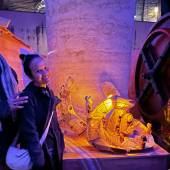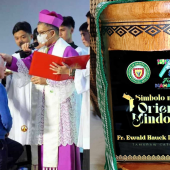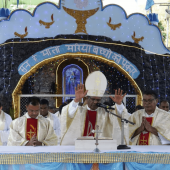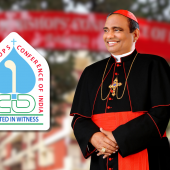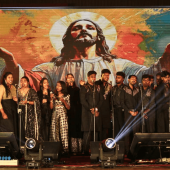Jesuits discuss mission with indigenous peoples in Asia-Pacific region
Jesuits and their collaborators working to promote indigenous peoples’ rights and welfare in the Asia-Pacific region held a workshop.
The Jesuit Companions on Indigenous Ministry (JCIM) came together from May 8–12, 2023, at the Jesuit Retreat House in Malaybalay City, southern Philippines.
After a four-year hiatus, this highly anticipated event marked the reunion of various Jesuit Indigenous Peoples (IP) ministries across the Asia-Pacific region.
International delegates from Laos, Indonesia, and Taiwan joined passionate counterparts from the Philippines, including distinguished representatives from the Fr. Leoni Mission Foundation, Inc. (FLMFI), the Environmental Science for Social Change (ESSC) of the Jesuit Bukidnon IP Ministry, the Center for Social Action at Ateneo de Zamboanga (AdZU), Xavier Science Foundation (XSF) of Ateneo de Cagayan-Xavier University, and the Jesuit Refugee Service (JRS).
According to the International Labour Organization (ILO), Asia is home to two-thirds of all indigenous peoples globally, or over 260 million individuals representing 2,000 different civilizations and languages.
Compared to Loas, which has 49 legally recognized ethnic minorities that account for 35–70% of the country's population, the Philippines, Asia's largest Catholic nation, has roughly 110 officially recognized indigenous peoples.
There are less than 700 indigenous peoples in Indonesia, the biggest Muslim-majority nation in the world, who make up 20–29% of the total population.
Taiwan is home to 86 subgroups of the 16 officially recognized indigenous peoples, totaling around 569,000 people, or 2.38 percent of the island's population.
The workshop was expertly guided by the Department of Anthropology-Jesuit-run Ateneo de Davao University, supported by FLMFI and the Jesuit Conference of Asia and the Pacific (JCAP).
At the heart of this workshop-seminar was a profound mission: cultivating meaningful dialogue and shared experiences, igniting a transformative journey towards a deep understanding of indigeneity.
Together, the participants aimed to foster genuine appreciation, unwavering respect, and unbreakable solidarity with Indigenous peoples from around the globe.
Through immersive activities and thought-provoking discussions, participants delved into introspection, gaining invaluable insights into Indigenous communities' unique challenges and perspectives.
The rich cultural tapestry represented by diverse traditions constantly reminded us of the beauty found in ancestral knowledge.
“We wholeheartedly embraced the wisdom of Indigenous peoples, recognizing the vital importance of collaborative efforts in shaping a more equitable future for all,” said a participant.
Through this united endeavor, JCIM is determined to promote social justice, protect the rights of Indigenous communities, and celebrate the immeasurable contributions they bring to our shared humanity.
As the workshop seminar drew close, the delegates departed with a renewed flame in their hearts, eager to champion the cause of Indigenous peoples.
Empowered by a profound understanding of indigeneity and fortified by an expanded network of allies, participants are determined to inspire positive change within their communities and beyond.
The JCIM workshop seminar was a testament to the immense power of collective action and meaningful dialogue, paving the way for a brighter, more inclusive, and truly equitable future.
“The workshop helped to embark on this incredible journey of understanding, unity, and progress,” said a participant. “Together, let's honor our diverse heritage, celebrate the wisdom of our Indigenous brothers and sisters, and work hand in hand toward a future that embraces the principles of justice, respect, and harmony for all.” – Santosh Digal.
Radio Veritas Asia (RVA), a media platform of the Catholic Church, aims to share Christ. RVA started in 1969 as a continental Catholic radio station to serve Asian countries in their respective local language, thus earning the tag “the Voice of Asian Christianity.” Responding to the emerging context, RVA embraced media platforms to connect with the global Asian audience via its 21 language websites and various social media platforms.





